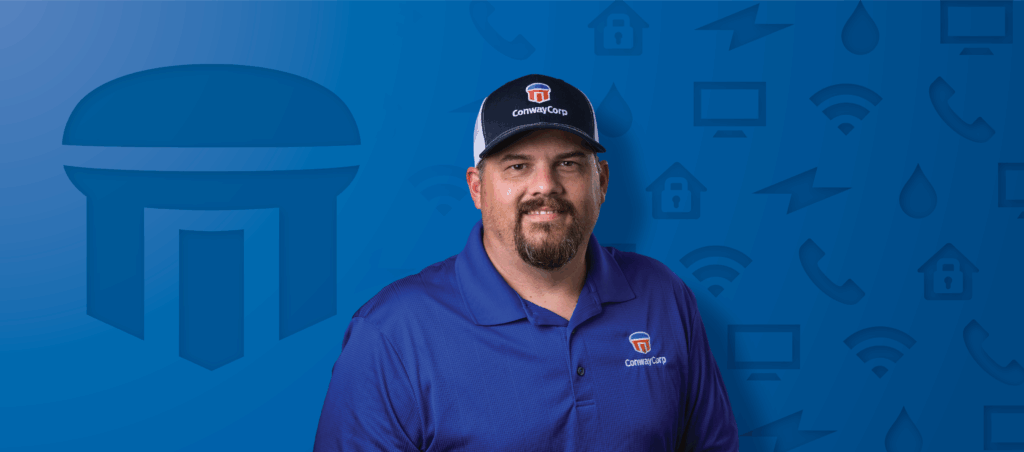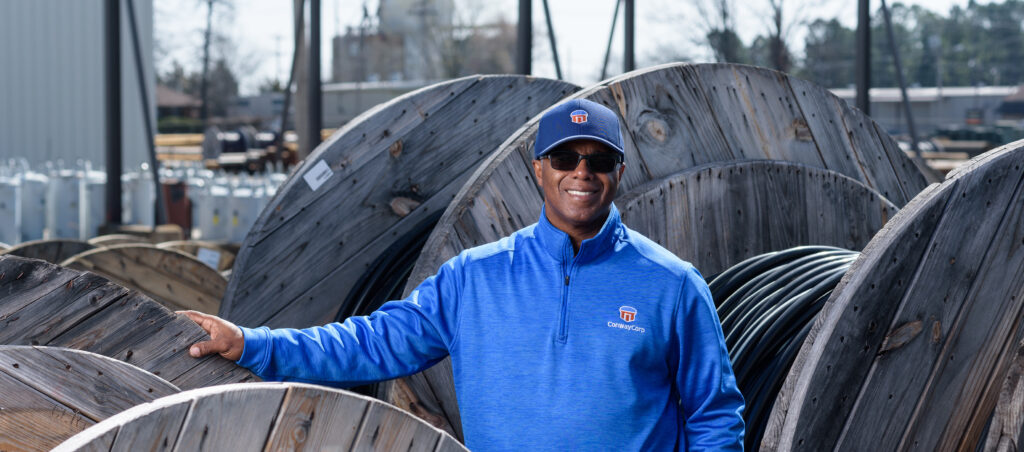We all think about saving energy every day. We turn off lights when we leave a room, close the refrigerator door after getting a snack and don’t leave the water running while brushing our teeth. Some energy rules are easy to follow, but others can be confusing and can actually be harmful.
Common misconceptions about energy efficiency and conservation can not only increase energy use, but actually end up costing residential consumers and businesses money. Whether they’re based on misinformation, flawed intuition or simply old technology, common fallacies about saving power can make you think you’re being green when in reality you’re only wasting it.
Take a look at these prevalent energy myths and discover how to turn money-wasting fiction into energy-saving fact.
MYTH Energy conservation and energy efficiency are the same thing.
FACT Energy conservation is using less energy or choosing not to use energy at all. Turning off the lights when you leave a room and opening the windows for a cool breeze instead of turning on the air conditioner are good conservation habits. Energy efficiency is using less energy to provide the same service. Compact fluorescent light bulbs provide the same light output as standard incandescent bulbs but use just one-quarter of the energy and last 8 to 12 times longer. Low-e windows help block sunlight out keeping your home cool in the summer, preventing your air conditioner from working harder to cool and maintain your comfort indoors.
MYTH Closing vents in unoccupied rooms saves energy.
FACT Although closing vents in unused rooms seems like it’s conserving energy, the energy consumed by the HVAC system is at the unit itself. Restricting conditioned air at a vent register redirects it to other locations in the house or through leaks in the duct system. Closing vents also puts backpressure on the fan that pushes the air through the system, causing it to work harder and use more energy even wearing out more quickly.
MYTH When appliances and devices are turned off, they don’t use power.
FACT In the past this was probably true, but thanks to standby power settings and power converters, most devices consume energy even when they are turned off. Some of these even use almost as much energy when they are turned off as they do when they are turned on. Using a power strip to turn off devices and desk electronics not in use cuts standby power, which can help you save energy and money. Plus, ENERGY STAR® certified models consume far less energy in standby and other inactive modes.
MYTH Ceiling fans cool rooms.
FACT Ceiling fans cool people, not rooms. Unlike air conditioning units, ceiling fans don’t cool the air but move the air around. Fans simply recirculate air and create a slight breeze that cools us down by increasing the rate of evaporation of sweat and removing heat from our skin. To save energy, it’s beneficial to run the fan only when people are in the room to feel the breeze.
MYTH Keeping your thermostat at the same temperature overnight uses less energy than turning it down and reheating your home in the morning.
FACT You don’t want to turn your thermostat off or let your house get really cold, because you will have to invest a lot of energy in a short period of time to get back to a comfortable level. However, it takes less energy to warm up a cold room in the morning than it does to maintain a constant temperature throughout the night and even setting the temperature just a few degrees lower can significantly reduce heating costs. Also, close the blinds and drapes at night in the winter to keep the cold out and give your heating system a break.
MYTH Hot tap water boils using less energy.
FACT It uses the same amount of energy to boil water regardless of where the energy is from. If the water heater preheats it, you pay for that energy as well as any losses in the pipes and heater itself. Try boiling water in a covered pot – it boils faster and uses less energy – and use the least amount of water you can get away with because it takes less time to boil. Once the water is boiling, remember to turn the heat down and use the lowest possible setting to keep the water boiling, steaming, simmering or whatever the recipe calls for.
MYTH It’s more energy efficient to leave your computer running when not in use.
FACT Any time you can turn off your computer, it will save energy. In the past, desktop computers needed to be left on because turning them on and off caused additional wear on the hard disk and other components. However, today’s computers can tolerate several on-off cycles each day. In fact, one leading manufacturer of computers tells their employees to turn off desktop computers at the close of business, over lunch breaks and during long meetings saving the company more than $1 million in energy costs each year. For shorter time periods, configure the system so the monitor will go into power saving or sleep mode instead of flashing a fancy screen saver.
To debunk more energy myths or to learn more energy efficiency tips, consider a home energy audit. Conway Corporation’s Energy Smart program offers free residential energy audits to help customers identify how much energy a home consumes and what measures may be taken to make that home more energy efficient. To schedule your free audit call 450-6000. Click here to learn more about Conway Corporation’s Energy Smart program.
Look for more Conway Corporation Energy Smart efficiency tips every month in 501 Life magazine.



